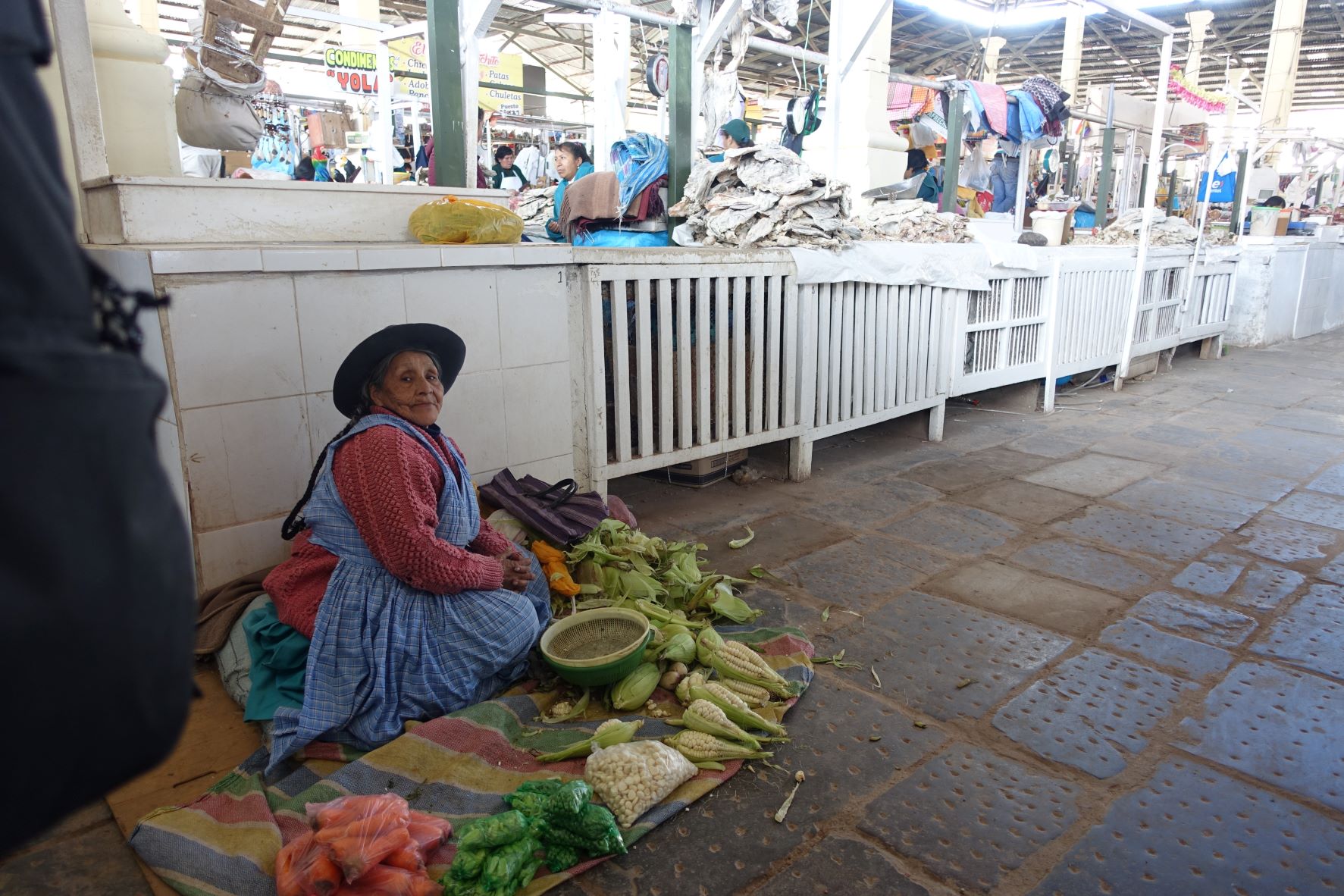Why this report
During its 46th plenary session (14–18 October 2019), the Committee on World Food Security (CFS) adopted its four-year Programme of Work (MYPoW 2020-2023), which includes a request to its High Level Panel of Experts on Food Security and Nutrition (HLPE-FSN) to produce a report on “Reducing inequalities for food security and nutrition”, to be presented at the 51st plenary session of the CFS in 2023.
The report, which will provide recommendations to the CFS workstream on inequalities, will:
- Analyse quantitative and qualitative evidence relating to how inequalities in access to assets (particularly land, other natural resources and finance) and in incomes within food systems impede opportunities for many actors to overcome food insecurity and malnutrition. Relevant data on asset endowments in rural communities will be useful in this respect, along with the findings of latest SOFI reports. Given the focus on agri-food systems and the key role of family farmers within these systems, linkages and complementarities with the UN Decade of Family Farming will be examined, including as reference to decent employment issues in the agri-food sector;
- Analyse the drivers of inequalities and provide recommendations on entry points to address these;
- Identify areas requiring further research and data collection, also in view of the opportunities provided by the ongoing joint effort of the World Bank, FAO and IFAD within the 50 x 2030 Initiative.
The ensuing thematic workstream on inequalities will be part of the CFS’s overall vision and the objective of addressing the root causes of food insecurity with a focus on “the most affected by hunger and malnutrition”. The focus will be on inequalities within agri-food systems. The workstream will provide an analysis, based on this HLPE-FSN report, on drivers of socio-economic inequalities between actors within agri-food systems that influence food security and nutrition outcomes. Gender inequalities and the need to create opportunities for youth would inform the analysis.
Open consultation: your contribution matters
To respond to this CFS request, the HLPE-FSN is launching an open e-consultation to seek views and comments on the V0 draft of the report “Reducing inequalities for food security and nutrition”.
As part of the process of development of the report, the HLPE-FSN is organizing a consultation to seek inputs, suggestions and comments on the present V0 draft. The results of this consultation will be used by the HLPE-FSN to further elaborate the report, which will then be submitted to peer review, before finalization and approval by the HLPE-FSN drafting team and the Steering Committee (more details on the different steps of the process, are available here).
HLPE-FSN V0 drafts of reports are deliberately presented early enough in the process – as work in progress, with their range of imperfections – to allow sufficient time to properly consider the feedbacks received in the elaboration of the report. E-consultations are a key part of the inclusive and knowledge-based dialogue between the HLPE-FSN Steering Committee and the scientific and knowledge community at large.
Questions to guide the e-consultation on the V0 draft of the report
This V0 draft identifies areas for recommendations and contributions on which the CFS HLPE-FSN would welcome suggestions or proposals, in particular addressing the following questions, including with reference to context-specific issues:
- The V0 draft introduces a conceptual framework informed by key principles established in previous HLPE reports (HLPE, 2017; HLPE, 2020), including agency, equity and justice.
Do you find the proposed framework an effective conceptual device to highlight and discuss the key issues with regard to inequity and inequality for food security and nutrition (FSN)? Do you think that this conceptual framework can contribute to providing practical guidance for policymakers? Can you offer suggestions for examples that would be useful to illustrate and facilitate the operationalization of the conceptual framework to address issues relevant for FSN? - The report adopts the definition of food security, proposed by HLPE in 2020, which includes six dimensions of food security: availability, access, utilization, stability, agency and sustainability. Does the V0 draft cover sufficiently the implications of broadening the definition of food security with regard to inequalities?
- This report considers inequalities as well as inequities, and to facilitate this consideration it makes some choices and simplifications. The report adopts definitions of inequalities, inequities, injustice, unfairness, exclusion, marginalization, discrimination, patriarchy, racism, colonialism, ableism, empowerment… Acknowledging that agreeing on definitions of these complex areas is difficult, do these definitions work with your own interpretations of these concepts? Are there any controversial or incorrect issues in terms of these proposed definitions?
- The V0 draft describes major inequalities in FSN experiences across and within countries. Are there any major gaps in the literature and data referred to in the report?
- The deeper layer of structural drivers fundamental to understanding inequity, including sociocultural, economic and political aspects are examined, as well as actions and policies to reduce inequalities that mirrors these layers of drivers. Does the review adequately cover the main drivers of inequalities? Could you offer additional examples of existing FSN initiatives and policies that were able to alleviate the deeper inequities seen in food systems and FSN experiences?
- Are the trends identified the key ones in affecting inequitable and unequal experiences of FSN? If not, which other trends should be considered?
- Are there any other issues concerning inequalities in FSN or within food systems that have not been sufficiently covered in the draft report? Are topics under- or over-represented in relation to their importance?
- Are there any redundant facts or statements that could be eliminated from the V0 draft?
- Can you suggest success stories from countries that were able to reduce FSN inequalities?
We thank in advance all the contributors for reading, commenting and providing inputs on this V0 draft of the report. The HLPE-FSN looks forward to a rich and fruitful consultation!
Read the V0 draft of the report
Go to the online consultation
Please contact [email protected] for any further information.
